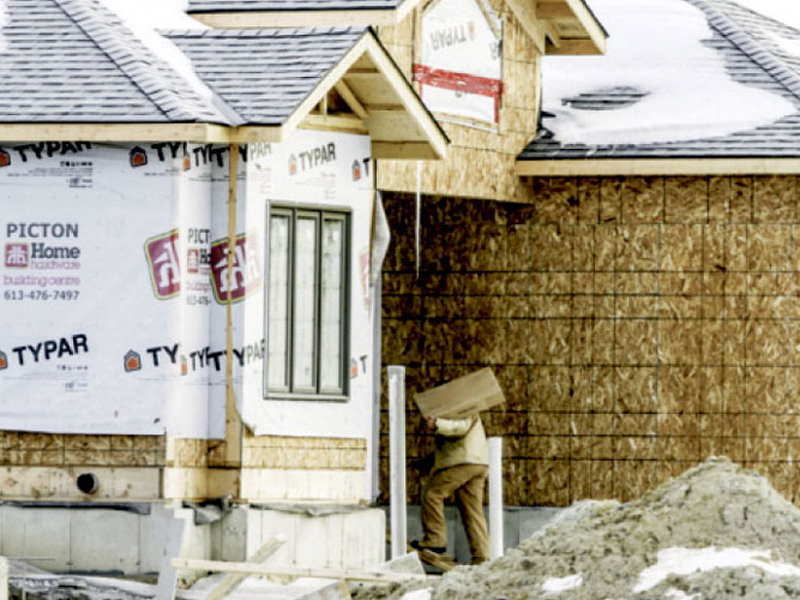County News
In deep

Waterworks committee burrows into broken business model
The committee peering into the County waterworks systems has now begun to wade into the thick weeds. How fast is the County growing? How many new homes are expected over the next five, 10 and 20 years? How much water do we use? Will water usage per household continue to decline in response to rising rates? If so, how far? When will consumption bottom out?
The answers to these questions help to inform the scale and timing of expansions to the County’s waterworks system—particularly, but not exclusively— in Wellington and Picton. These plans, in turn, shape the capital plans and schedules that are funded by rates and connection charges.
Getting these assumptions right, or at least close, is part of the committee’s job.
WE’VE BEEN HERE BEFORE
A similar committee in 2010 failed remarkably— though not for a lack of effort or diligence. Sometimes assumptions are just guesses. Nevertheless, these guesses have real world impacts. Two years into the rate scheme recommended by the 2010 committee and the County’s waterworks was already underwater—leaning heavily on reserves to keep the system afloat.
This committee is keen not to make the same mistakes. So every assumption is back on the table.
The mix of developers, consumers and staff is currently looking at the assumptions driving the waterworks’ 20-year capital plan.
Currently Wellington’s wastewater plant operates at about 40 per cent of capacity. Picton operates at 80 per cent. While no waterworks operator seeks to run its plant to the maximum, there is clearly considerable room for growth in both Wellington and Picton—an estimated 900 homes in Wellington, perhaps 600 homes in Picton.
In 2010, virtually all of the available capacity was spoken for—allocated to future development. Two things have messed with this calculation. First, the majority of new home projects remain undeveloped. And secondly, water consumption has dropped. Not only are the anticipated new households not coming on line, but existing consumers are using less. This is bad news for a system operator with high fixed costs. It’s worse when your capital spending plans continue to veer from reality.
A BETTER WAY
Graham Shannon is president of Sandbank Homes— with residential developments in Picton and Wellington. He spent much of the committee meeting urging his colleagues to align projected growth rates based upon historical averages rather than a consultant’s assumptions. Real world experience rather than an educated guess.
Shannon notes that the Watson report, prepared by a consultancy based in Mississauga, forecasts an average of about 90 new homes per year in Wellington and Picton in the 20 years between 2012 and 2032. Actual growth is well short of this estimate, averaging less than 60 new homes each year in these two communities.
“When your starting point is wrong, everything that follows is wrong,” said Shannon.
Waterworks commissioner Robert McAuley noted that while there is considerable available slack in the current systems in Picton and Wellington, it is imprudent to postpone redevelopment of this infrastructure until it is used up.
“The risk is that shovels stop until the plan catches up,” said McAuley.
Shannon proposes a growth rate projection be determined on a five year rolling basis—that growth projections are amended each year based on the previous five years. Using this method, the most recent year is added to the average and the oldest is deleted—thus continually correcting the growth trajectory in line with experience.
The bottom line is that the committee has some work to do to gain confidence it knows when and where residential home growth will occur.
Councillor Treat Hull turned the debate back to declining consumption and expanding plant capacity.
“It seems to me that we are in the water marketing business, and business isn’t very good,” said Hull.
Looking at it from this perspective, he wanted to know whether the County shouldn’t be promoting bulk water sales by relaxing severances in rural areas.
“We don’t prohibit rural homebuilding because they need a propane supply to heat their home,” suggested Hull, more as a question than an assertion. “Why do we block new rural homes because of a lack of water? This seems like an opportunity.”
The waterworks committee is scheduled to meet through the fall.

Comments (0)